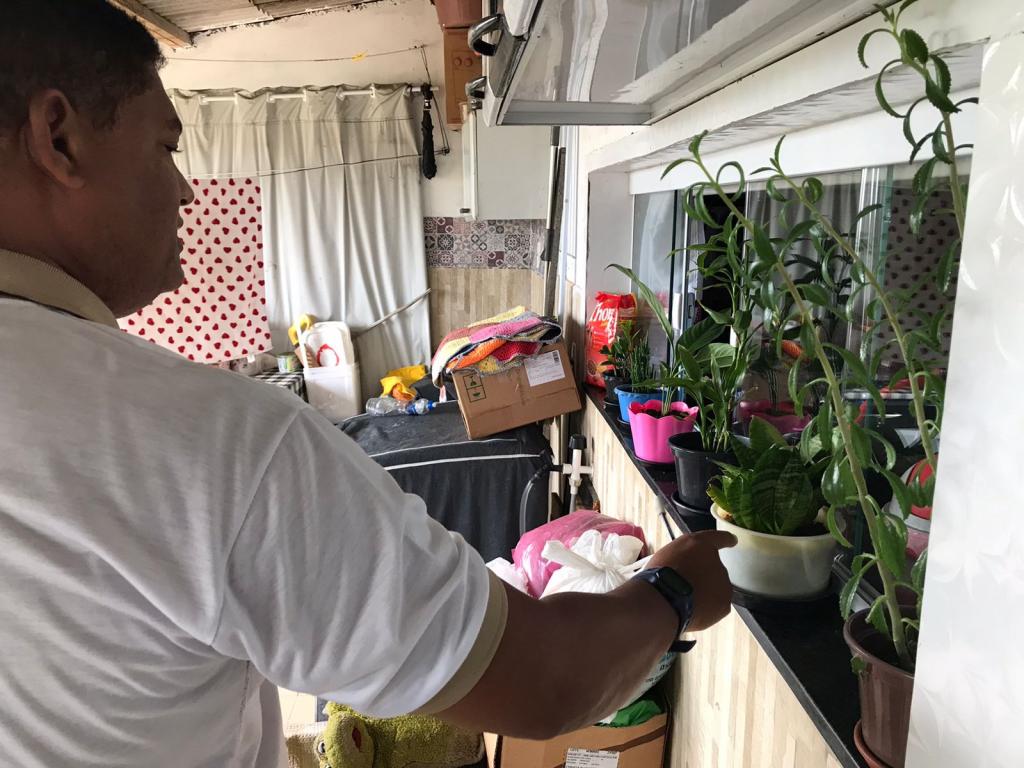Starting next Monday, the 8th of this month, the City of Aracaju, through the Municipal Health Secretariat (SMS), will begin collecting at-home data for the first Rapid Index Aedes aegypti Survey (LIRAa) of 2024. These are the data that guide control and control strategies. Mosquitoes that transmit dengue, Zika and chikungunya.
From January 8 to 12, endemic disease control agents will travel through all the capital's neighborhoods, making home visits, checking places that could become potential breeding sites or where there are already Aedes mosquito outbreaks, such as stagnant water in tanks. And the accumulation of garbage, bottles, tires, gutters, plant pots, etc.
If outbreaks are detected, they are sent for analysis at the Center for the Control of Zoonoses (CCZ), and if the samples are confirmed to be Aedes larvae, the information is included in the epidemiological bulletin that will be published later.
According to the director of the municipal Aedes aegypti control program in Aracaju, Jefferson Santana, the collection process plays a fundamental role in developing procedures. “The collection of LIRAa is very important to guide our work and is carried out every two months. The result of the last survey in 2023, released in November, was quite satisfactory, when Aracaju presented the lowest index in the last 20 years, reaching 0.8, that is, a low risk of infection. And on However, we cannot neglect all precautions and adhere to all recommendations.
Combat actions
Aracaju Health maintains an agenda, with the aim of intensifying the control and control of Aedes, with home visits by agents to combat endemic diseases, joint efforts on Saturdays in partnership with other departments, as well as the weekly application of fumarcê costal.
Moreover, health education activities are developed in schools, for example, so that awareness is raised about the need for residents to understand the essential role they play in this work, emphasizes Director Jefferson Santana.
“Checking tanks, not accumulating or disposing of rubbish irregularly, reporting instances of potential breeding sites in the area where you live through the Ombudsman on 0800 729 35 34, among other positions, is essential to the success of this work, which is carried out “In tandem with the population,” Jefferson concludes.

“Wannabe internet buff. Future teen idol. Hardcore zombie guru. Gamer. Avid creator. Entrepreneur. Bacon ninja.”

